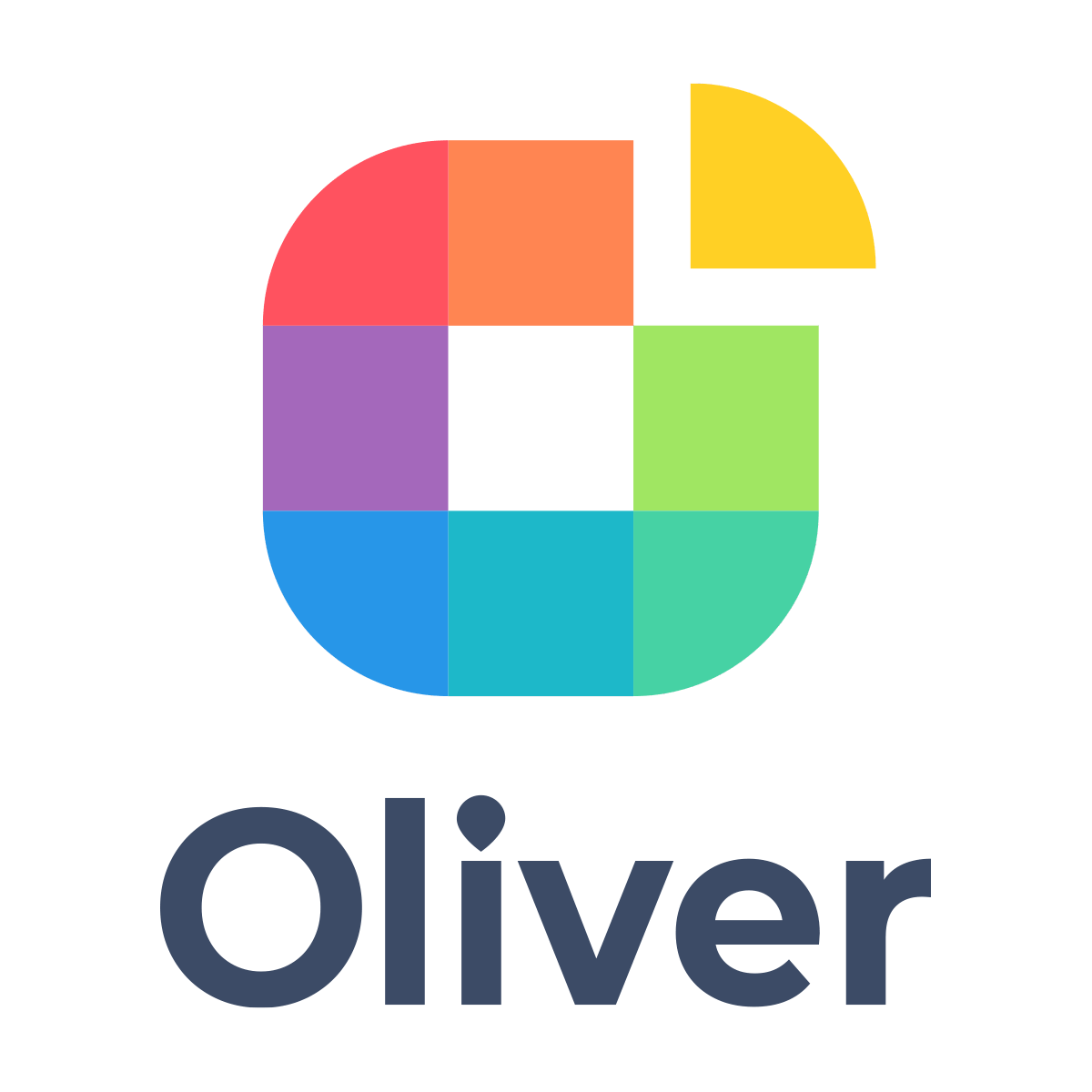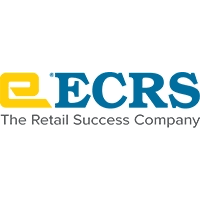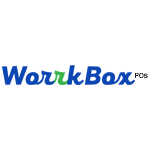Description

Oliver POS

Fonbell
Comprehensive Overview: Oliver POS vs Fonbell
As of my last update, Oliver POS and Fonbell appear to be solutions related to point-of-sale (POS) systems, but they're distinct in their offerings and target markets. Below is a breakdown of their features and differences:
Oliver POS
a) Primary Functions and Target Markets:
- Primary Functions: Oliver POS is designed to integrate with e-commerce platforms, most notably WooCommerce, to provide a seamless point-of-sale experience for retail businesses. Key functions include inventory management, sales tracking, customer relationship management (CRM), and integration with existing e-commerce platforms.
- Target Markets: Primarily small to medium-sized retail businesses that are already using or wish to use WooCommerce as their e-commerce platform. It’s particularly beneficial for businesses that want to unify their in-store and online operations.
b) Market Share and User Base:
- Market Share: Oliver POS has carved a niche as a solution for WooCommerce stores needing POS capabilities. While specific market share statistics are not readily available, its integration focus makes it a popular choice among WooCommerce users, which represents a significant portion of the global eCommerce market.
- User Base: The user base primarily consists of small to medium-sized businesses and niche retailers with a strong online presence but seeking to manage physical sales seamlessly.
c) Key Differentiating Factors:
- Integration with WooCommerce: This is a significant differentiator, offering deep integration with WooCommerce which many other POS systems do not provide.
- User-Friendly Interface: Designed to mimic the WooCommerce environment, making it easier for users already familiar with WooCommerce.
- Cross-Platform Compatibility: Oliver POS is accessible on multiple devices, including tablets and desktops which increases flexibility in a retail setting.
Fonbell
a) Primary Functions and Target Markets:
- Primary Functions: Fonbell offers a broader range of digital solutions, which may include POS systems designed for restaurants, salons, retail outlets, and other service-oriented businesses. These solutions often encompass inventory tracking, billing, CRM, and appointment scheduling.
- Target Markets: Fonbell targets a diverse range of industries beyond just retail, providing solutions for restaurants, salons, fitness centers, and healthcare services. Their approach is more industry-specific compared to Oliver POS.
b) Market Share and User Base:
- Market Share: Fonbell’s POS offerings cater to various industry-specific needs, which helps it capture a diversified segment of the market. However, it might not be as highly specialized as Oliver POS in any single domain like WooCommerce integration.
- User Base: A varied user base covering multiple service industries, including hospitality, wellness, and other appointment-based businesses.
c) Key Differentiating Factors:
- Industry-Specific Solutions: Unlike Oliver POS, Fonbell provides tailored solutions for specific industries, such as customizable features for restaurants or salons.
- Comprehensive Suite: Offers a range of business solutions beyond POS, including CRM and business management tools, which may appeal to businesses looking to consolidate their digital tools.
- Scalability and Customizability: Flexible solutions that can be tailored to the size and scope of different businesses, from small scale to larger enterprises.
Comparison Summary:
- Integration vs. Industry-Specific: Oliver POS excels in integration with WooCommerce, while Fonbell provides industry-specific solutions.
- Market Focus: Oliver POS is more retail and specifically WooCommerce-focused, while Fonbell covers a broad range of service industries.
- Flexibility: Both offer scalability, but Fonbell's strength lies in customization across various industries, whereas Oliver POS excels in providing a seamless integration for WooCommerce users.
Selecting between these solutions largely depends on the specific needs of the business in question, such as the existing e-commerce platform, industry-specific requirements, and the necessity for integrated solutions across multiple support areas.
Contact Info

Year founded :
Not Available
Not Available
Not Available
Not Available
Not Available

Year founded :
Not Available
Not Available
Not Available
Not Available
Not Available
Feature Similarity Breakdown: Oliver POS, Fonbell
When comparing Oliver POS and Fonbell, both of which are point-of-sale (POS) systems, it's important to examine their core features, user interfaces, and any unique aspects they may possess.
a) Core Features in Common
-
Sales Processing:
- Both systems support basic sales transactions including processing sales, returns, and exchanges.
- They typically offer receipt printing, various payment method acceptance, and sales data logging.
-
Inventory Management:
- They provide inventory tracking capabilities, allowing businesses to monitor stock levels and manage product catalogs.
-
Customer Relationship Management (CRM):
- Both solutions likely include features for creating customer profiles and tracking purchase history, which can aid in customer engagement and personalized marketing.
-
Reporting and Analytics:
- Each platform offers reporting tools to help businesses analyze sales performance, track trends, and make data-driven decisions.
-
Integration Capabilities:
- Both Oliver POS and Fonbell are designed to integrate with other business tools or platforms, such as e-commerce websites, accounting software, and payment gateways.
b) User Interface Comparison
-
Oliver POS:
- Generally, Oliver POS is known for its seamless integration with WooCommerce, providing a user interface that feels like an extension of the WooCommerce environment. It often boasts a clean, modern interface that's easy to navigate, catering to users who prefer a straightforward approach.
-
Fonbell:
- Fonbell’s user interface may vary depending on specific custom solutions they offer, but it generally provides a more traditional or generic POS interface. It may focus on functionality and ease of use with straightforward navigation suitable for various retail environments.
Overall: Oliver POS might appeal more to users looking for a UI that is tightly integrated with their existing WooCommerce setup, while Fonbell may offer a more adaptable interface across different business types.
c) Unique Features
-
Oliver POS:
- WooCommerce Integration: Oliver POS is distinctly designed to work seamlessly with WooCommerce, making it a unique choice for businesses using WordPress as their primary e-commerce platform. This integration allows businesses to manage both online and physical store operations from a unified backend.
- Customizable Checkout Process: Allows retailers to customize the checkout process extensively, which is a significant advantage for businesses with specific transactional requirements.
-
Fonbell:
- Industry-Specific Solutions: Fonbell may offer more targeted solutions tailored to specific industries such as F&B, hospitality, or clinics, often including features like table management, booking systems, or appointment scheduling that are not standard in Oliver POS.
- Cloud-Based Fleet Management: Fonbell might offer additional tools such as fleet management, which can be beneficial for businesses with delivery services or transport logistics involved.
Conclusion: While they share many POS core features, Oliver POS stands out for its direct integration with WooCommerce and its e-commerce-centric enhancements whereas Fonbell distinguishes itself with industry-specific adaptations and additional business management features. Businesses should choose based on their specific operational needs and existing technology stack.
Features

Not Available

Not Available
Best Fit Use Cases: Oliver POS, Fonbell
Oliver POS
a) Best Fit Use Cases for Oliver POS
Types of Businesses or Projects:
- E-commerce Integrated Retailers: Oliver POS is most suited for retail businesses looking to integrate their online and offline operations seamlessly. It directly integrates with WooCommerce, making it an ideal choice for businesses already using WordPress as their e-commerce platform.
- Small to Medium Retail Stores: Given its ease of use and cost-effectiveness, Oliver POS is perfect for small to medium-sized retail businesses looking for a robust yet straightforward system to manage sales, inventory, and customer interactions.
- Omnichannel Retail Businesses: Oliver POS supports omnichannel retail strategies, allowing businesses to provide a consistent customer experience across various sales channels.
d) Catering to Different Industry Verticals or Company Sizes:
- Retail Sector: Oliver POS caters primarily to the retail sector, with features designed to simplify checkout processes, manage inventory and customer data, and seamlessly integrate with existing e-commerce frameworks.
- Small to Mid-sized Businesses (SMBs): The product is designed for SMBs, offering scalable solutions that can grow as the business expands. Its integration capabilities make it suitable for businesses planning to expand their online presence while maintaining physical stores.
Fonbell
b) Preferred Scenarios for Fonbell
Scenarios:
- Hospitality and Service Industries: Fonbell offers a suite of solutions including restaurant management, salon booking systems, and clinic management, making it ideal for hospitality and service-oriented businesses.
- Appointment-based Businesses: It excels in environments where managing appointments and bookings is crucial, offering features that streamline these processes efficiently.
- Businesses Needing Custom Solutions: Fonbell provides more customized software solutions, making it suitable for businesses that require tailored tools to fit specific operational needs.
d) Catering to Different Industry Verticals or Company Sizes:
- Service Industry: Fonbell provides specialized software for restaurants, salons, and clinics, focusing on the unique requirements of these businesses like booking, table management, customer relationship management, and online presence.
- Small to Large Enterprises: Unlike Oliver POS, Fonbell caters to a broader range of company sizes, from small businesses needing simple booking software to larger enterprises requiring comprehensive management solutions.
By catering to specific needs within their respective domains, both Oliver POS and Fonbell offer targeted capabilities that aid businesses in delivering better customer service and optimizing operations. Oliver POS focuses on retail with a strong omnichannel and e-commerce integration, while Fonbell zeroes in on service industries requiring specialized management features.
Pricing

Pricing Not Available

Pricing Not Available
Metrics History
Metrics History
Comparing undefined across companies
Conclusion & Final Verdict: Oliver POS vs Fonbell
When evaluating Oliver POS and Fonbell for point-of-sale solutions, several factors must be considered, including functionality, cost, ease of use, scalability, customer support, and specific business needs. Let's outline a comprehensive conclusion and final verdict for these products.
a) Best Overall Value
Conclusion:
Considering all factors, Oliver POS generally offers the best overall value for small to medium-sized retail and service-oriented businesses. Its seamless integration with WooCommerce, cost-effectiveness, and user-friendly interface make it a strong contender, particularly if a business already operates within the WordPress ecosystem.
b) Pros and Cons of Choosing Each Product
Oliver POS:
-
Pros:
- Integration with WooCommerce: Oliver POS integrates natively with WooCommerce, making it a great choice for businesses using this platform.
- Ease of Use: Users often find the interface intuitive and straightforward.
- Cost-Effective: Offers competitive pricing, especially beneficial for small businesses.
- Customizable: Provides options for customization to tailor the experience to your business needs.
-
Cons:
- Limited to WooCommerce: Primarily designed for WooCommerce users, which might not suit businesses outside this ecosystem.
- Feature Limitations: May not have deep features required by larger enterprises or specific industries with complex needs.
- Reliant on WordPress: As a plugin reliant on WordPress, businesses not using this platform may face integration hurdles.
Fonbell:
-
Pros:
- Broad Applicability: Suitable for various business types beyond retail, such as restaurants and hospitality.
- Comprehensive Features: Offers a wide range of features that cater to different industry needs.
- Scalability: Can support growing businesses with larger-scale operations.
-
Cons:
- Complexity: The extensive feature set can be overwhelming, requiring a more significant learning curve.
- Higher Cost: Generally more expensive than Oliver POS, potentially placing it above budget for smaller businesses.
- Customer Support Variability: User experiences with customer support can vary, impacting problem resolution times.
c) Specific Recommendations for Users
Recommendations:
-
Evaluate Business Platform and Ecosystem:
- If your business is already using WordPress and WooCommerce, Oliver POS is likely the more seamless and economically feasible choice.
- For businesses operating outside the WordPress environment or needing a POS system for various applications, Fonbell might be the more adaptable choice.
-
Assess Feature Necessity:
- Understand the specific features your business needs. Oliver POS is excellent for straightforward retail applications, while Fonbell can offer robust solutions for more complex operations.
-
Budget Considerations:
- Smaller businesses or startups on a tight budget may find Oliver POS a better fit financially, whereas businesses able to invest more could benefit from Fonbell’s extensive feature set.
-
Test Before Committing:
- If possible, engage in trial periods or demos for both systems to get a better feel of how each aligns with your business operations.
Final Verdict: Oliver POS stands out as a high-value choice for WooCommerce-based businesses seeking a cost-effective, intuitive solution. Meanwhile, Fonbell suits companies that can leverage its comprehensive features across diversified applications, despite a steeper learning curve and costs. Each business must weigh its unique needs and constraints, aiming to align with the platform that best complements its operational objectives.
Add to compare
Add similar companies




